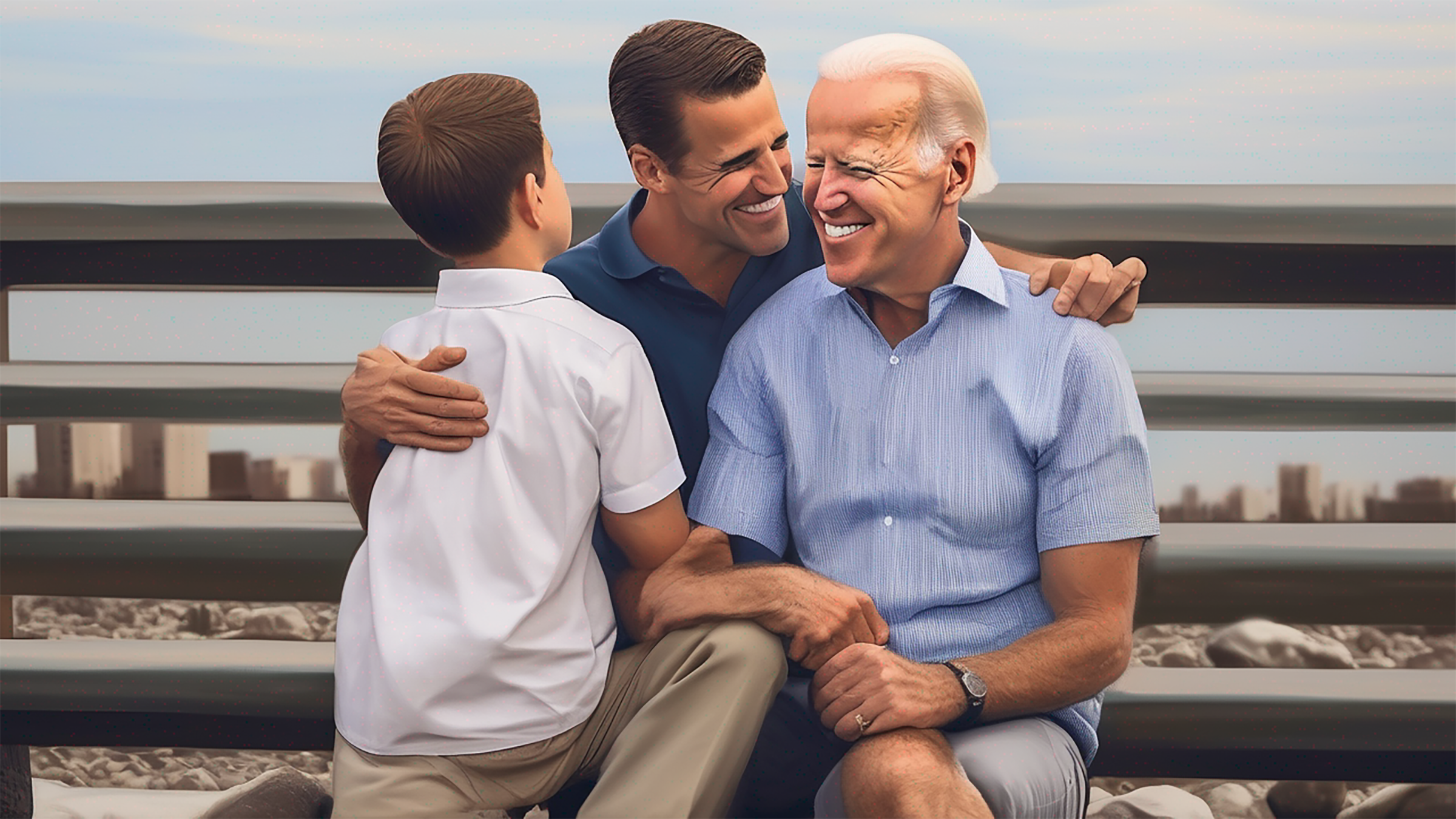12/2/2024

The decision, covering offenses dating back to 2014, has stirred a maelstrom of political discourse. Critics have been quick to pounce, calling it an abuse of power, while supporters view it as a brave act of integrity. At the heart of this moment lies a father torn between two worlds: his unwavering love for his son and his solemn duty to uphold justice.
A Pardon Rooted in Compassion and Controversy
Hunter Biden, a man who has battled addiction, public scrutiny, and relentless political attacks, found himself at the center of high-profile legal proceedings. Convicted on charges stemming from a 2018 gun purchase and tax-related issues, he faced an uncertain future despite having paid back over $1.4 million in taxes, including penalties.
President Biden, in his official statement, underscored what he viewed as selective prosecution driven by partisan politics. “No reasonable person who looks at the facts of Hunter’s cases can reach any other conclusion than Hunter was singled out only because he is my son – and that is wrong,” Biden asserted. This statement resonates deeply in a polarized America, where the line between justice and political vendetta often seems blurred.
 President Joe Biden with son, Hunter
President Joe Biden with son, HunterA Tale of Redemption
The pardon has also drawn attention to Hunter’s five-and-a-half years of sobriety, a testament to resilience in the face of adversity. Once vilified in the media, Hunter’s journey reflects the universal struggles of those battling addiction. For President Biden, this decision is as much about justice as it is about hope—hope for a second chance, hope for redemption, and hope for healing.
Reactions Across the Spectrum
As expected, the move has sparked reactions from all corners of the political landscape. While critics argue it undermines the impartiality of the justice system, supporters highlight the glaring disparities in how similar cases are handled. The president’s statement pointed out, “Without aggravating factors like use in a crime or straw purchasing, people are almost never brought to trial on felony charges solely for how they filled out a gun form.”
The narrative of selective prosecution is a stark reminder of the challenges ordinary citizens face when justice is weaponized. For the Black and Brown communities of Houston, this moment is a poignant reflection of systemic inequalities that permeate the justice system. Biden’s act of clemency resonates beyond the personal, sparking broader discussions about fairness and reform.
The Legacy of a Decision
In pardoning his son, Biden has etched his name into history as a president who dared to prioritize family and justice over political convenience. While the long-term political ramifications remain uncertain, this decision offers a rare glimpse into the complexities of leadership and the enduring power of love.
At its core, this act is not just about Hunter Biden or even the Biden family. It’s about a nation grappling with the intersection of justice, politics, and humanity. In a time of division, Biden’s decision challenges us to consider the values that unite us—family, compassion, and the pursuit of a fairer world.
